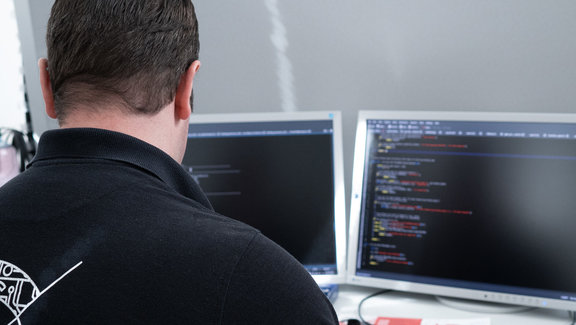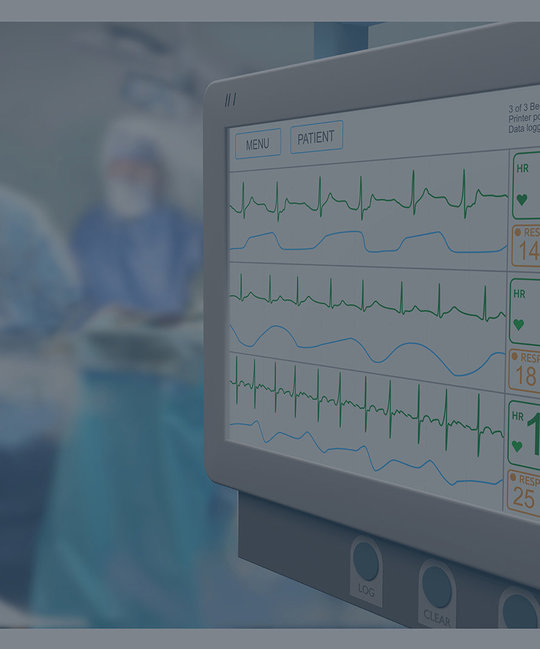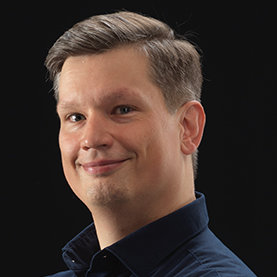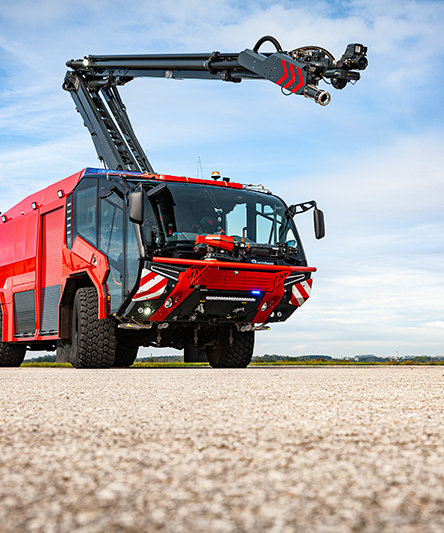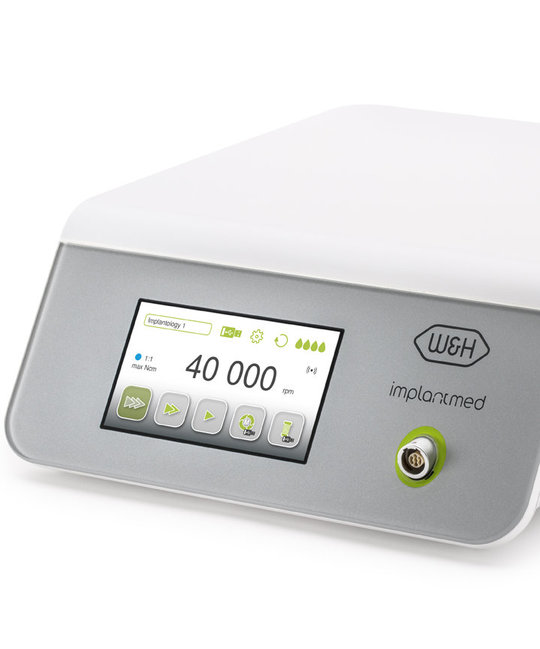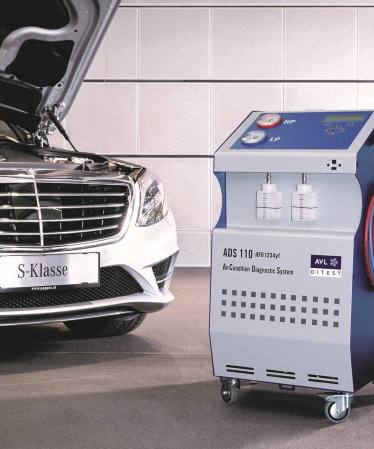As the heart of embedded systems, our embedded Linux operating system GELin ensures that everything runs smoothly and efficiently.
This allows you to concentrate fully on the benefits of your device.
From idea to product: We take you by the hand – no matter where you are with your product idea. We accompany you step by step to an industry-ready solution.
1) Concept and prototyping
The development of a detailed requirements profile is the first step in ensuring the successful implementation of a project. This is where problems, goals and solutions are defined. Our experts are happy to help you with this!
2) Product realization
We see ourselves as a full-service provider of embedded systems, which is why we take care of your project from the initial idea to series production. We also support you with documentation and all the necessary certification steps.
3) Device development
For a product to be used efficiently, extensive functions alone are not enough. It must also be intuitive to use and seamlessly integrate into existing systems. We take care of that too.
Get off to a flying start with GELin Embedded Linux
GELin is the embedded Linux distribution from Ginzinger that optimally combines hardware and software and, as open source software, fully discloses the source code. You can expect verified and high-quality tools, libraries and frameworks. In addition, you can always keep an eye on your security databases with our application. The easily portable and expandable embedded platform is also scalable from low-end to high-end and is therefore ideally suited for every project.
Ready-to-use tools for the perfect quick start
We provide you with everything your project needs:
- A Quick Start Guide included in the package, the included Setup Wizard and the pre-built templates ensure that your first program is ready to run in just a few minutes.
- Thanks to all the necessary development tools and intuitive configuration tools, you have complete freedom to adapt the development environment to your needs using scripting and integration interfaces.
- With options for automatically collecting license information and documentation in the project, you ensure open source license compliance from the outset.
- Software frameworks and proven concepts for data storage, failsafe update and multi-touch ensure that you as a developer are not limited in your project.
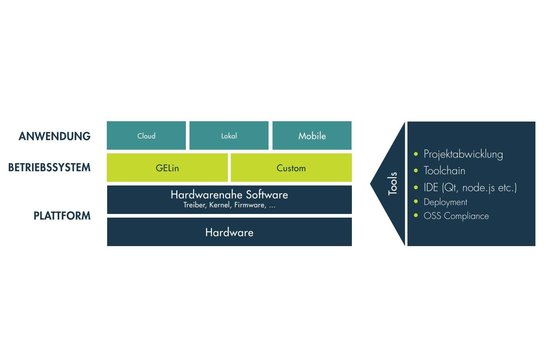
download Ginzinger Embedded Linux folder
Please leave us your e-mail address to download the GELin (Ginzinger Embedded Linux) folder for free.
“Do you still have questions? Are you interested in our solutions but still unsure? If you would like to learn more, please feel free to contact me!”
Mail: mario.salhofer@ginzinger.com | Tel: +43 7723 5422 510
Test your embedded Linux services
A common problem is that the required hardware is not yet available when the project starts. To be able to test the desired functions from the outset with the processor platforms and interfaces used later, it is best to rely on our development kits! This allows you to test the software before the device hardware appears finalized.

Download data sheet Ginzinger development kits
Please leave us your e-mail address to download the data sheet for the Ginzinger Development Kits for free!
Learn from the best
To help you get started as quickly as possible, we offer you GELin Quick-Start Training, as well as ongoing support. Just take a look at our GELin training dates and acquire all the knowledge you need for your product development.
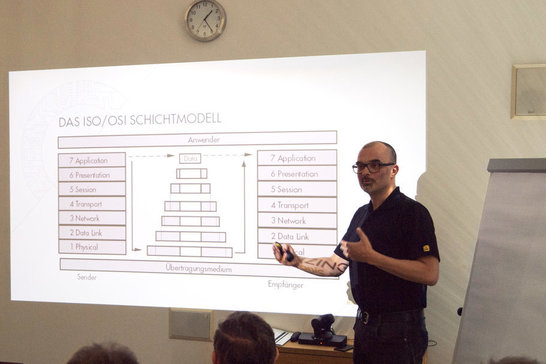
Linux Knowledge - Frequently Asked Questions
Who invented Linux?
On August 25, 1991, the Finnish student Linus Torvalds wrote that he was working as a hobby on a free operating system that would "not become big and professional". With that, he was sorely mistaken. At that time Linux should have found its original application in the strongly spread PCs. These were equipped with x86 chips from Intel. However, Microsoft with its MS Dos and Windows had already asserted itself on this. Today, not only about 80 percent of all smartphones run on Linux: Linux runs in every modern car and other countless devices, from fruit scales in the supermarket to W-LAN routers at home.
Where is Linux used?
Linux has been in commercial use since 1992 and is successfully deployed in everything from wristwatches to supercomputers. Linux runs on many server systems for databases, web sites and groupware around the globe. It is estimated that 2/3 of all web servers use Linux as their operating system. Operating systems like Android on cell phones and tablets, as well as many smart TVs are based on Linux. Routers, printers, NAS and many other devices in the IT world run on Linux. And last but not least, many developers of embedded devices in various industry segments, such as medical, automotive, aerospace or automation, rely on the modularity, security and robustness of Linux as a platform.
Who develops Linux?
Around the globe, thousands and thousands of developers are working on the further development and debugging of Linux. These developers are by no means just nerds or hackers in a quiet room, but many highly paid software specialists from well-known companies like IBM, who use the operating system themselves. If security gaps and errors appear in the system, they are usually quickly eliminated and made available on the Internet. The maturity of the Linux software, its tools and development environment is therefore very high and the system extremely stable.
Where can I get Linux?
In principle, anyone can download the GNU and Linux sources from the Internet and assemble their own operating system including tools. However, the effort is not to be underestimated and hardly feasible without expert knowledge. Fortunately, there are communities and companies that offer Linux distributions. Distributions are completely prepared packages with utilities and usually many application packages that allow easy installation of a Linux system. The best known distributions are Ubuntu, Suse and Redhat. In addition, however, there are countless derivatives that are suitable for a wide variety of applications. Most of them can also be obtained and used free of charge from the Internet.
What does Linux cost?
The source code of the operating system is free of charge and freely available. Even if the software itself is "free", one must not neglect costs for the maintenance and care of a system. For rapid deployment on a particular hadware platform, it is recommended to use a customized Linux distribution. The providers of the distributions then also offer the necessary training and support for smooth development. Ginzinger electronic systems offers with GELin a complete solution for embedded systems.
Do you still have questions?
Are you interested in one of the services provided by Ginzinger electronic systems, but still have questions and would like to learn more? Our expert will be happy to help.
Mario Salhofer, MSc. Customer service, partner management
Ginzinger electronic systems GmbH
Gewerbegebiet Pirath 16
4952 Weng im Innkreis, Austria
Phone: +43 7723 54 22 510
E-mail: office@ginzinger.com


